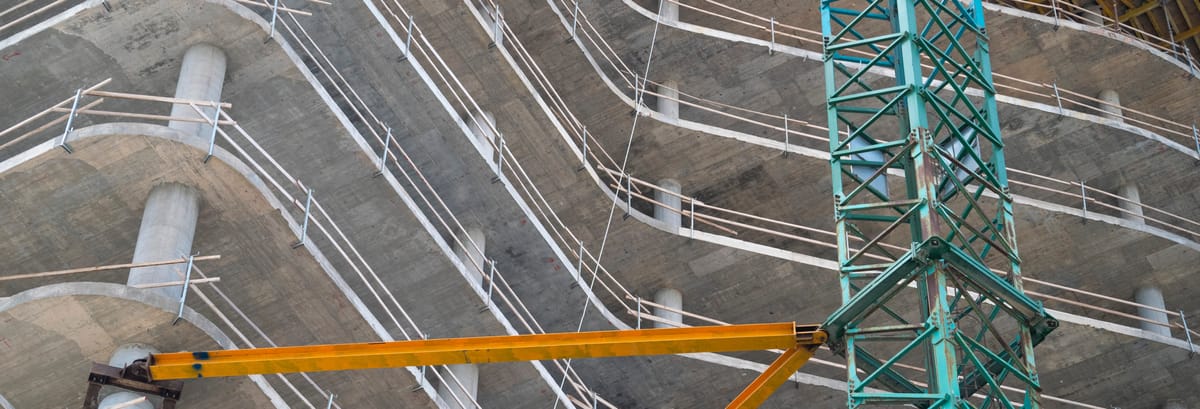
An 'Industrial Revolution' for efficient buildings?
The European Energy Performance of Buildings Directive could create a massive investment opportunity.
Buildings account for 40% of European energy consumed and 36% of energy-related direct and indirect greenhouse gas emissions. However, outside of industry specialists, there is little informed debate, and very little public engagement. And where discussion does take place, it's mostly about standards for new buildings. And yet over 85% of today’s buildings will still be standing in 2050.

Which is why the European Energy Performance of Buildings Directive (EPBD) could be important. There is a lot of detail in the proposed regulation, but at its heart it aims to materially reduce energy usage in all buildings, not just new ones. For residential buildings, each country will set its own detailed pathway, all tied to the target of reducing primary energy usage by 16% by 2030, and 20% to 22% by 2035 (relative to 2020 levels). And for commercial buildings, the targets are to upgrade 16% of the current 'worst' buildings by 2030 and 26% by 2033.
The proposed regulation made it through a major hurdle in December last year, when the European Parliament and the Council reached agreement on the 'final' draft. Next steps are formal adoption by the European Parliament and the Council. It is hoped that this will happen later this year, with the legislation coming into effect in 2026.
This could create a massive investment opportunity. It is estimated that the total spending needed could total over €1 trillion. And a decent percentage of it will be spent domestically, on heat pumps, and heating, ventilation, and air conditioning (HVAC) - industries where European and US companies are strong. Plus the renovation market is already very important to the Western European building industry, making up over 50% of spending. Remember that currently less than 1% of buildings are being retrofitted every year, a figure that needs to increase 5x.
Improving building energy efficiency is not only positive for the environment, it reduces the cost of building heating and cooling (a big factor for lower income households), and it creates jobs. Often well paid and stable jobs - when did you read about energy efficiency jobs being offshored? So, it's less politically controversial than other transition measures.
So, given all of this, how has the EPBD apparently stayed below most investors' radar. One obvious explanation is that building regulations are seen as boring, something only building geeks are concerned about. Plus, investors have heard this tune before. A proposed new EU regulation that subsequently gets watered down and pushed back. While this could happen with the EPBD, it's probably got past the hardest stage.
We have written on something similar before. In October last year we wrote about how better building regulations can drive greener buildings. And why it's important that all professionals (architects, builders, investors and sustainability professionals) get involved in the detail of the process.
Link to blog 👇🏾

This article featured in What Caught Our Eye, a weekly email featuring stories we found particularly interesting during the week and why. We also give our lateral thought on each one. What Caught our Eye is available to read in full by members.
If you are not a member yet, you can read What Caught Our Eye when it comes out direct in your email inbox plus all of our blogs in full...


Please read: important legal stuff.



